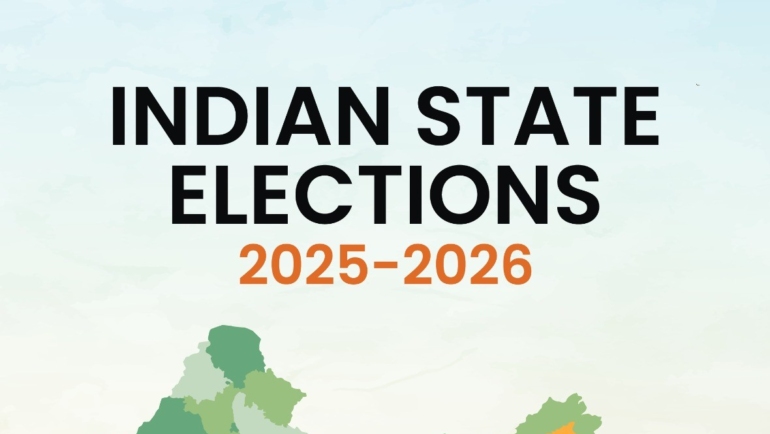Through CPEC, South Asia would cease to be a region of conflict,
and become a region of cooperation.
– Mr Ahsan Iqbal,
Federal Minister for Interior and Narcotics Control,
Government of Pakistan
Security has now become sine qua non for development. This is especially true for South Asia where significant forces are at play with complex dependent and independent variables. China’s growing economic footprint across the globe, including in South Asia, adds to the existing complexities, creating both challenges and opportunities. The Belt and Road Initiative (BRI) and its flagship project – the China Pakistan Economic Corridor (CPEC) – have unnerved some nations and come under scrutiny. This book endeavours to understand these new unfolding dynamics in South Asia.
Dr Farhan Hanif Siddiqi discusses how amid seemingly intensifying geopolitics, CPEC presents a radical break and opportunity to steer South Asia in the direction of cooperation through economic interlinkages. Professor Dr Syed Rifaat Hussain argues that because of its nuclearisation, demographic weight, diffusion of modern technology, and high economic growth, South Asia has become more assertive and autonomous, and is no longer a subordinate system. He reviews the significance of Pakistan in this regard through the CPEC lens. With Gwadar, on its way to becoming a critical nodal hub, Vice Admiral (R) Asaf Humayun, HI(M) discusses the Indian Ocean Region and the factors that can strengthen or weaken its relative stability in light of Pakistan’s vision of maritime security.
An analysis of CPEC cannot be complete without consideration of its regional geopolitical dynamics and Pakistan’s domestic challenges, particularly human development, insecurity and violence that can affect its implementation. Professor Dr Muhammad Masoom Yasinzai stresses the need for strengthening the country’s human resources. Professor Dr Moonis Ahmar examines how the ambitious Corridor project can help deal with extremism in Pakistan through youth engagement and capacity development. Dr Khuram Iqbal provides an overview of Indian efforts to counter CPEC and the policy options available to Beijing and Islamabad to engage New Delhi on the project; while Dr Muhammad Alam Khan focuses on Pakistan-Iran security and trade relations.
Sustainable, prosperous and peaceful transformation of Pakistan and South Asia will require greater attention on regional connectivity and integration. Like most cross-border infrastructure projects, the China Pakistan Economic Corridor is a multidimensional and complex undertaking for which well thought-out and innovative actions will need to be taken by various stakeholders – governments, the private sector, civil society organisations, higher education and multilateral institutions in connecting and developing this region.
Volume Editor: Sarah Siddiq Aneel
Table of Contents
Acknowledgements
Acronyms
Introduction
Part I
Welcome Address Ambassador (R) Abdul Basit, President, Islamabad Policy Research Institute, Pakistan
Opening Remarks
Mr Omer Ali, National Programme Coordinator, Hanns Seidel Foundation Pakistan
Keynote Address
H.E. Mr Sun Weidong, China’s Ambassador to Pakistan (2013-17)
Inaugural Address
Mr Ahsan Iqbal, Federal Minister for Interior and Narcotics Control, Government of Pakistan
Concluding Address
Engineer Khurram Dastgir Khan, Federal Minister for Defence, Government of Pakistan
Policy Recommendations
Part II
Geopolitics and Development of CPEC
CPEC and Geo-Politico-Economic Trends of the Region: An Appraisal
Dr Farhan Hanif Siddiqi
South Asian Security and CPEC: A Pakistani Perspective
Professor Dr Syed Rifaat Hussain
Impact of CPEC on the National Security of Pakistan
Pakistan’s Vision of Maritime Security and CPEC
Vice Admiral (R) Asaf Humayun, HI(M)
CPEC – An Engine for Human Resource Development in Pakistan
Professor Dr Muhammad Masoom Yasinzai
Development of CPEC: Impact of Regional Cooperation to End Extremism in Pakistan
Professor Dr Moonis Ahmar
Regional Security and CPEC
CPEC: A Corridor for Minimising Political Fault lines in South Asia
Dr Khuram Iqbal
Pak-Iran Security and Trade Relations: Role of CPEC
Professor Dr Muhammad Alam Khan

